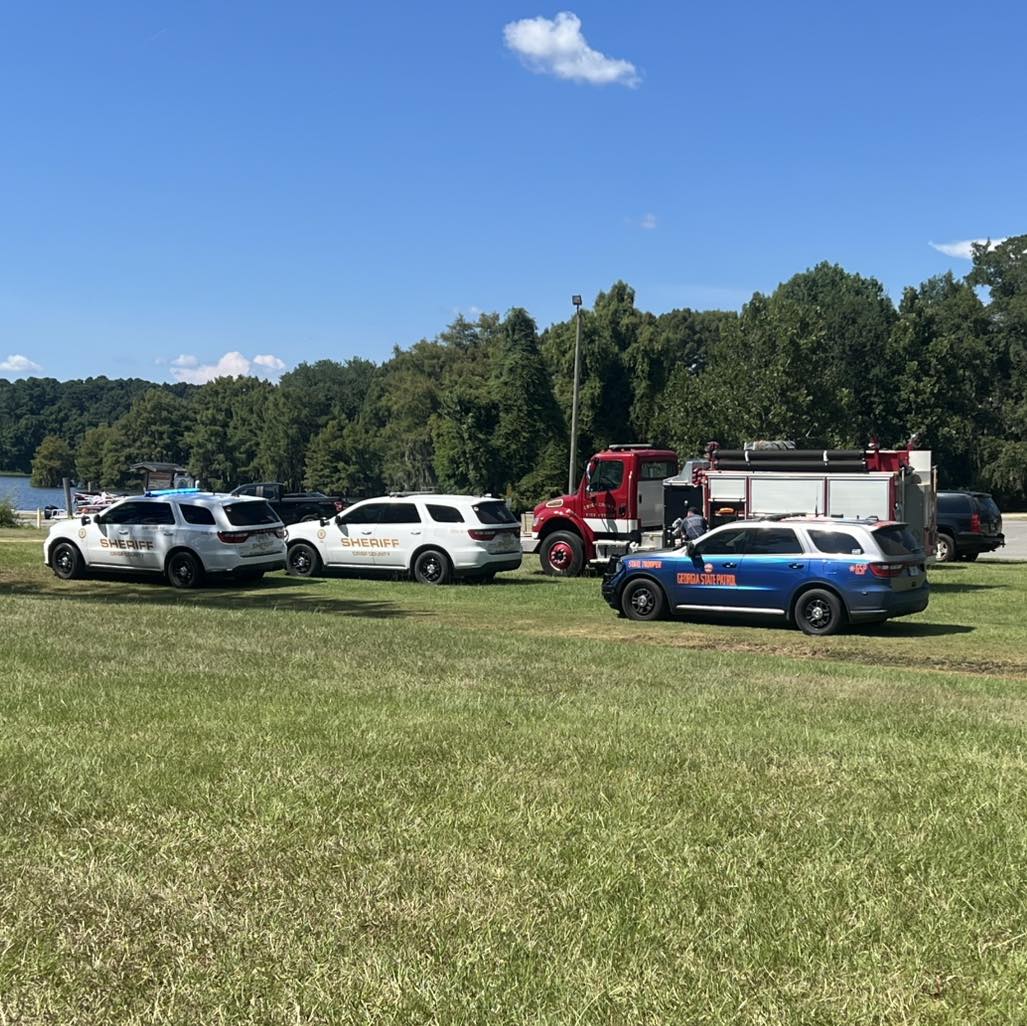Georgia DOT forecasts the best and worst travel times for spring break travel and offers timely safety tips
Published 8:19 am Tuesday, April 2, 2024
|
Getting your Trinity Audio player ready...
|
Staff Reports
ATLANTA – Spring has sprung across Georgia and that means warmer weather, pollen and a high potential for an increase in traffic. The Georgia Department of Transportation (Georgia DOT) is anticipating heavier than usual traffic in and around Metro Atlanta during the K-12 schools’ Spring Break period from Friday, March 29 through Sunday, April 7. This includes Easter Sunday on March 31.
Below are the best and worst travel times for the 2024 Spring Break time period. The predictions are based on 2023 travel data:
Trending
Metro Atlanta Interstates:
- Heavier than usual traffic on Friday, March 29 through Easter Sunday on March 31.
- Typical traffic throughout the day with moderate to heavy congestion from 3 p.m. – 7 p.m. on Monday, April 1 through Thursday, April 4.
- Heavier than usual traffic on Friday, April 5 through Sunday, April 7.
- Motorists are advised to exercise caution on Saturday, April 6, as this day has a high potential for crashes.
Metro Atlanta Surface Streets:
Heavier than usual traffic is expected to occur on Friday, March 29 and end later that evening on the following surface streets:
- State Route 3/ Cobb Parkway
- State Route 141/ Peachtree Road
- State Route 140/ Jimmy Carter Boulevard
- US 78/ Donald Lee Hollowell Parkway
- State Route 3/ Northside Drive
- State Route 8/ Ponce De Leon Avenue
- State Route 42/ Moreland Avenue
- State Route 154/ Memorial Drive
- US Highway 19/ State Route 3
Below are the schedule changes for the Northwest Corridor and the South Metro Express Lanes for the Spring Break travel period. Changes to the schedule are carefully assessed and based off historical data and traffic trends. Changes are noted in green and blue text.

On major interstates outside of the metro Atlanta area, data has shown the following traffic trends during the Spring Break travel period:
- I-20 eastbound heavy congestion entering metro Atlanta; light travel westbound exiting the city towards Alabama; moderate congestion eastbound entering South Carolina.
- I-75 is predicted to have heavy congestion southbound and northbound coming out of Atlanta in Stockbridge.
- I-24 eastbound heavy congestion in Northwest Georgia (near Chattanooga).
- I-16 westbound bound heavy congestion exiting Savannah and I-16 eastbound heavy congestion entering Savannah.
- I-95 northbound and southbound light travel in Savannah.
Trending
Safe Driving Tips: If you find yourself traveling this Spring Break, do so safely with these best practices in mind:
- Drive defensively:
- An increase of out-of-town drivers is expected this Spring Break. Use caution for unfamiliar drivers on the roads.
- Be alert and aware. Slow down and approach with caution if you see a car with its hazards on.
- Maintain a safe distance between you and the vehicle in front of you in case they come to an abrupt stop.
- Don’t drive distracted. Stay focused on the road for any sudden incidents.
- Make sure child safety is a priority in your vehicle:
- Ensure all children in the vehicle are appropriately buckled up before driving to your destination.
- If a child cannot fit in a seat belt properly, keep them in a booster seat.
- Remember that seat belts should never rest on the stomach area or across a child’s face.
- When stopping off at a store along the trip, do not leave children unattended in the vehicle.
- Georgia DOT HERO/CHAMP Support:
- HERO and CHAMP are a free service in the state of Georgia provided by the Georgia Department of Transportation (GDOT).
- HEROs patrol the metro Atlanta area with the primary duty to clear roads and restore normal traffic flow due to an incident and CHAMP patrol the remaining routes outside of metro Atlanta.
- Operators assists motorists by changing flat tires; jump-starting batteries; providing fuel or coolant; pushing vehicles to the shoulder; transporting motorists to safe areas away from traffic; performing minor mechanical repairs; and administering first aid.
- Traveling within the state of Georgia, motorists can dial 511 from any phone and select the option “1” to request motorist assistance or to report an incident on roadways.
For up-to-date information about travel conditions on Georgia’s interstates and state routes, call 511 or visit www.511ga.org before heading out. 511 is a free service that provides real-time statewide information on Georgia’s interstates and state routes, including traffic conditions, incidents, lane closures and delays due to inclement weather 24 hours a day, seven days a week. Callers can also transfer to operators to request HERO assistance in metro Atlanta or CHAMP service on highways in other regions of the state.
Georgia Department of Transportation plans, constructs and maintains Georgia’s state and federal highways. We’re involved in bridge, waterway, public transit, rail, general aviation, bike and pedestrian programs. And we help local governments maintain their roads. Georgia DOT and its nearly 4,000 employees are committed to delivering a transportation system focused on innovation, safety, sustainability, and mobility. The Department’s vision is to boost Georgia’s competitiveness through leadership in transportation.







